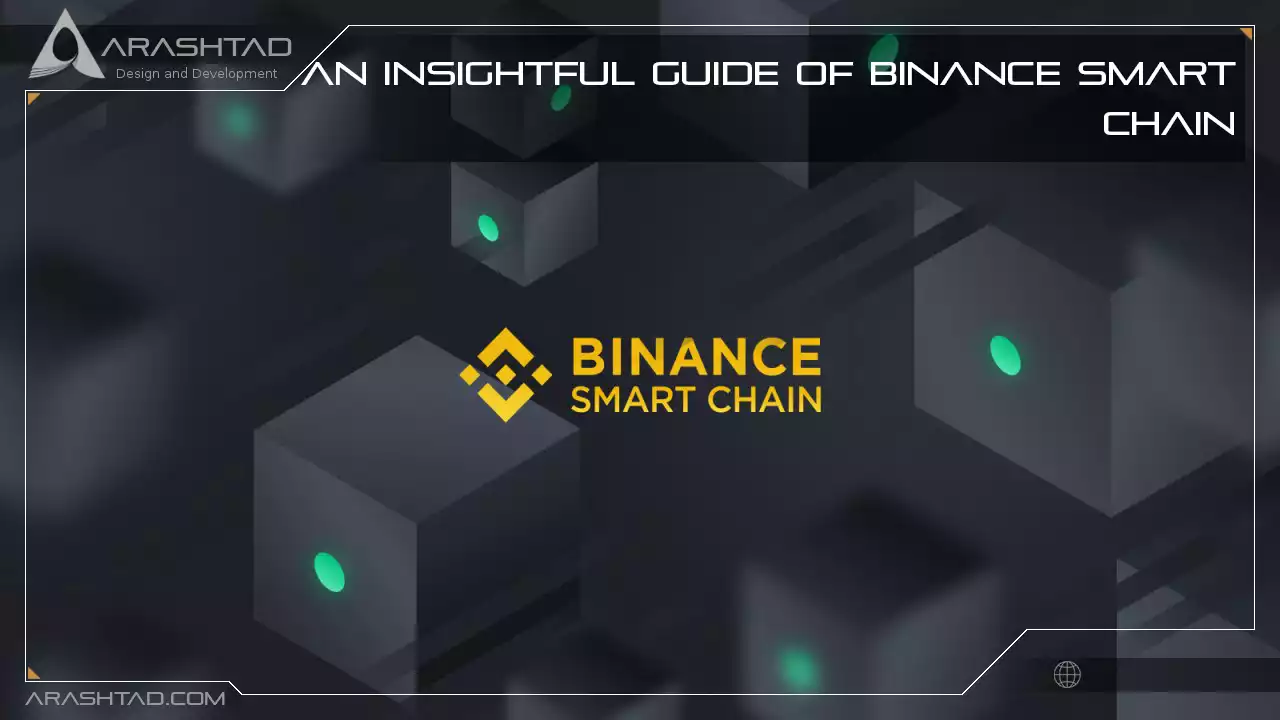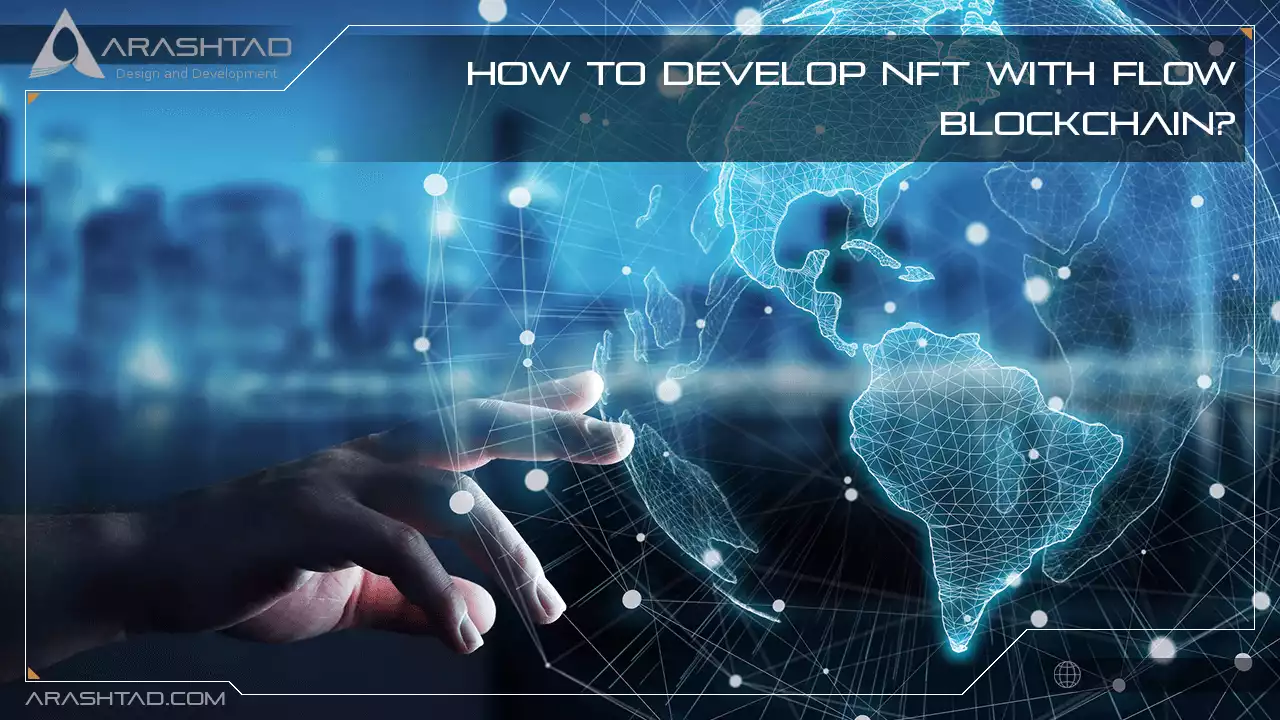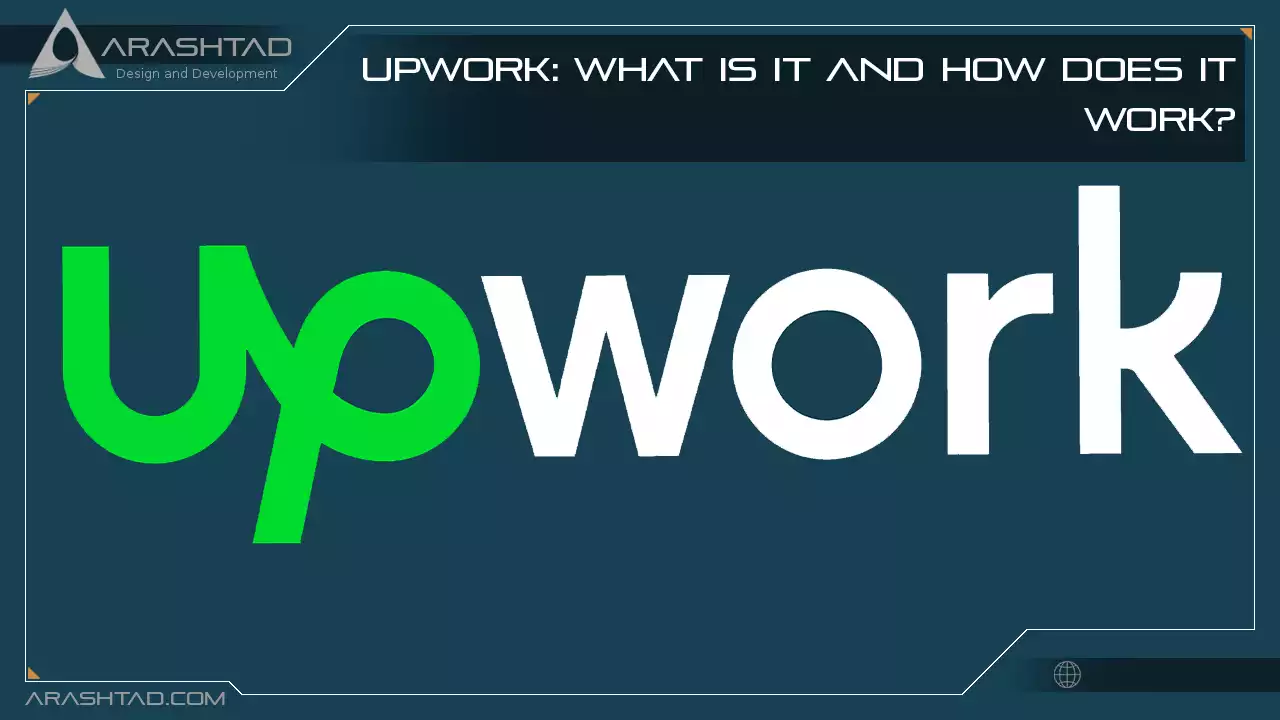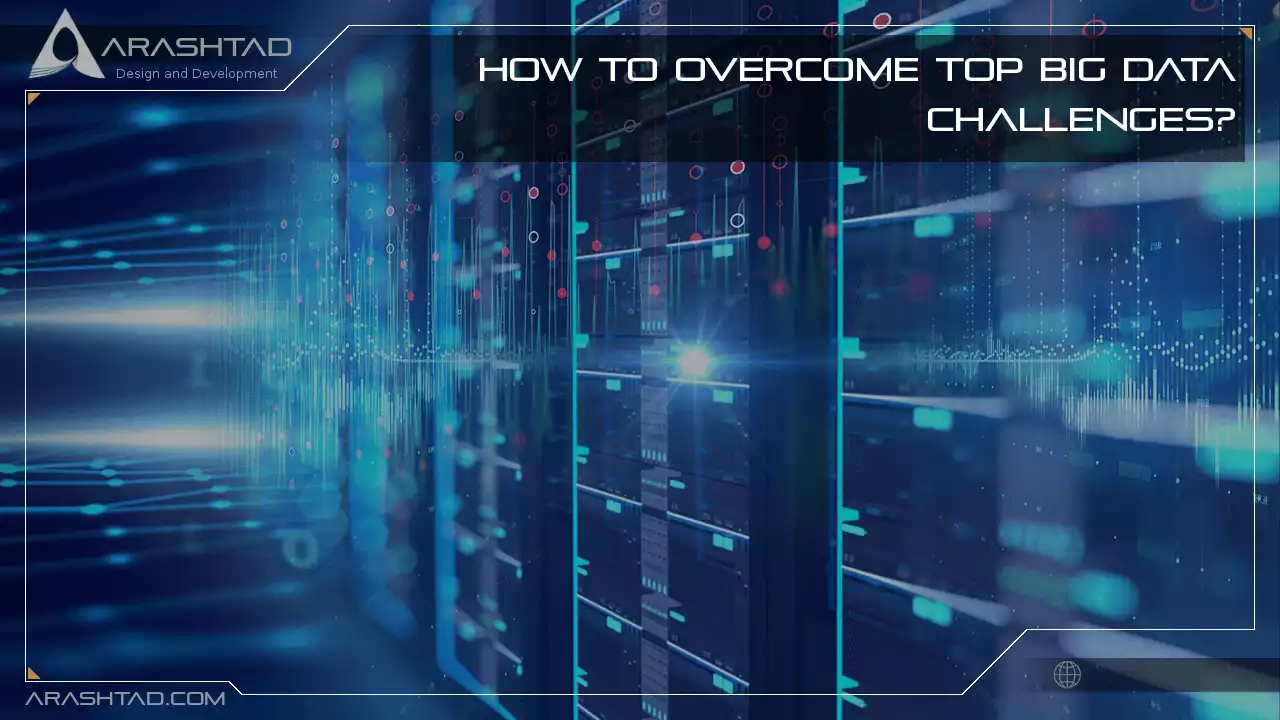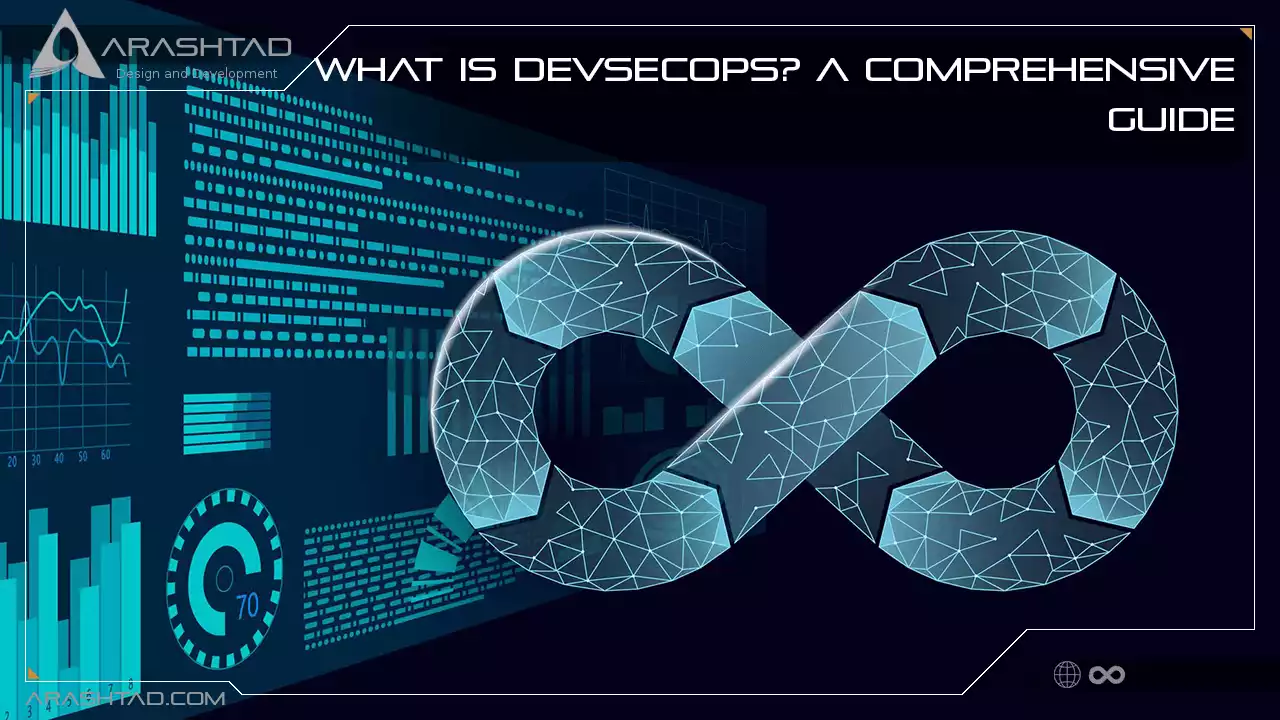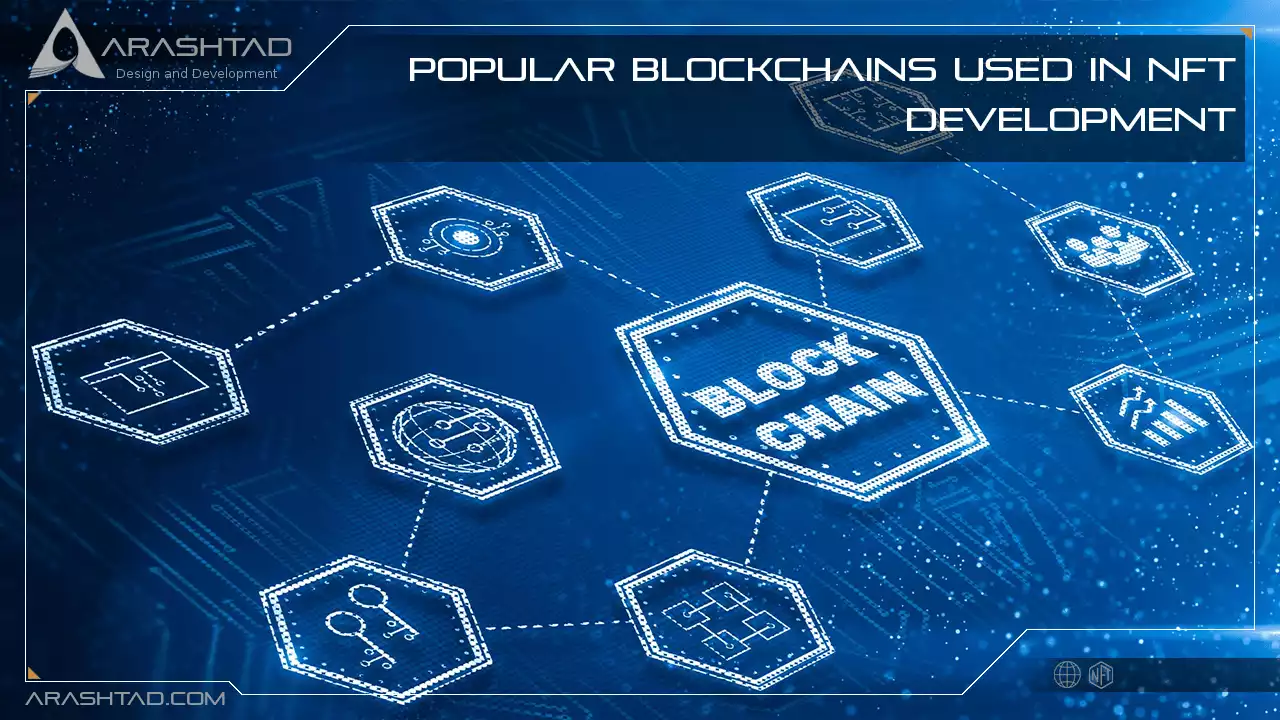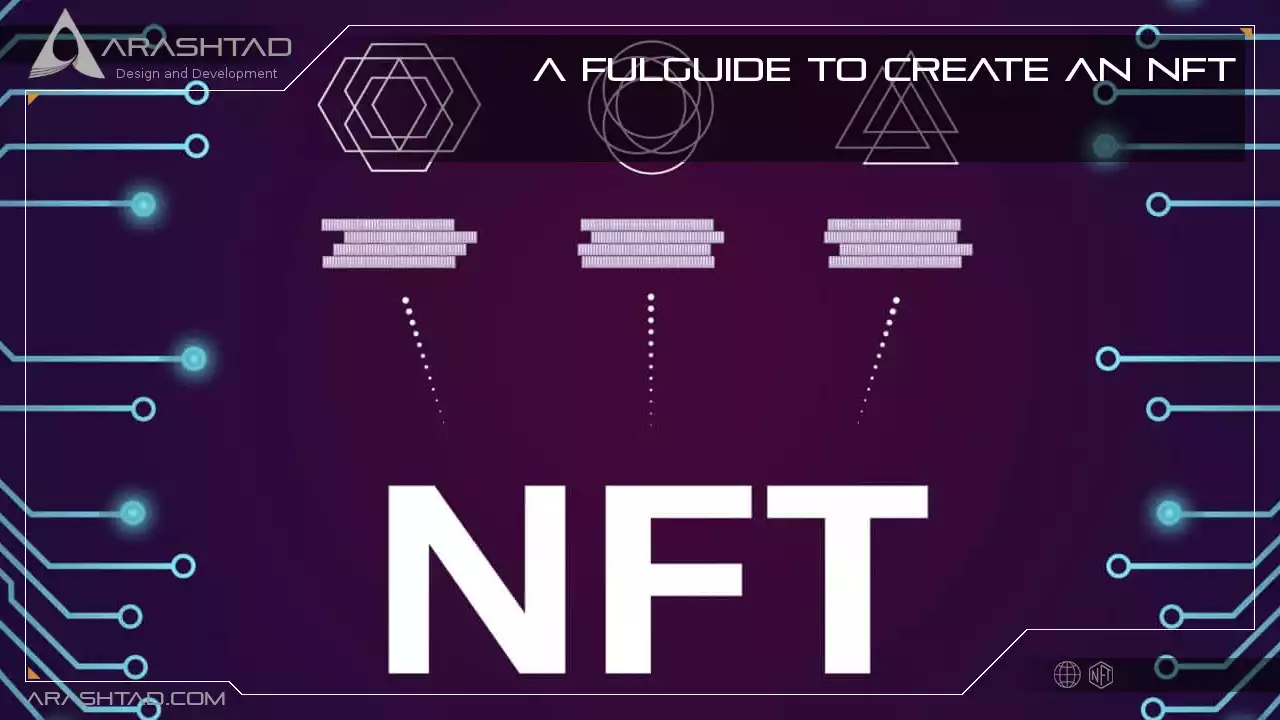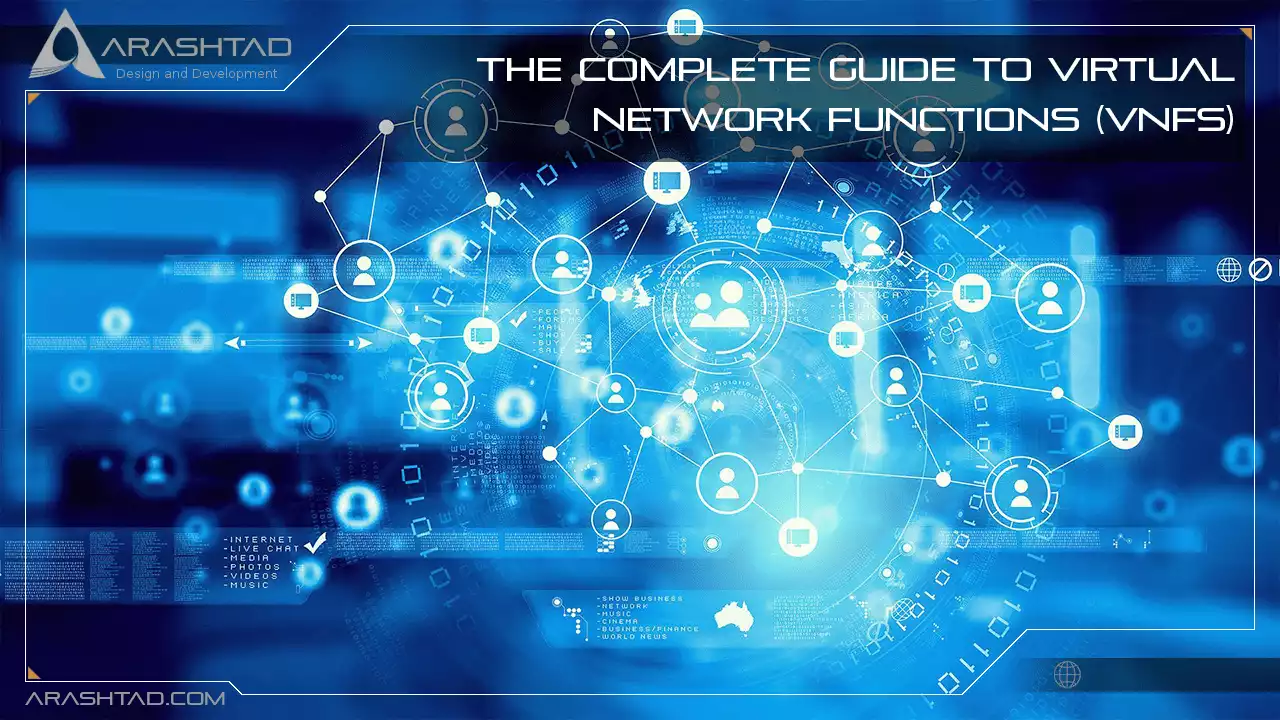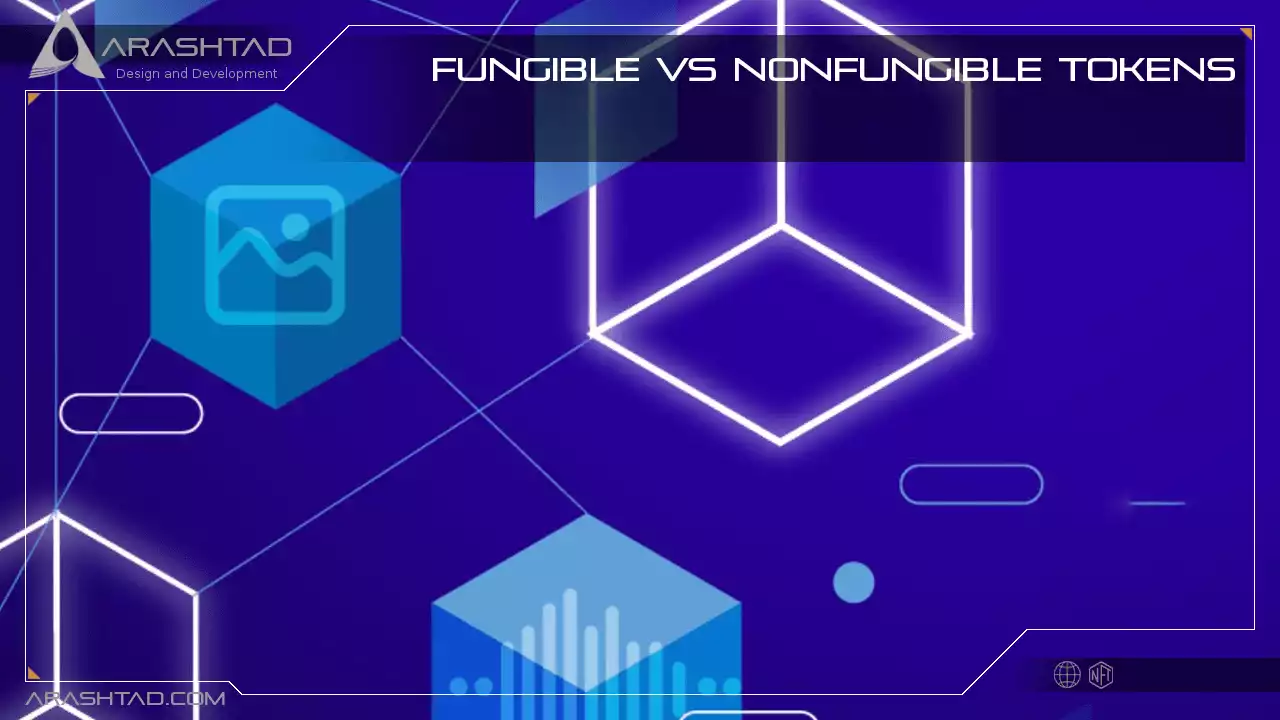Arashtad Blog
An Insightful Guide to Binance Smart Chain
As of 2021, Binance has become one of the most recognized brands in crypto. Binance operates its own blockchains. One is called Binance Smart Chain (BSC) – a blockchain that uses Ethereum as a platform. The new Blockchain, BNB Chain, which provides a complete ecosystem for building high-performance decentralized apps, is coming to change this. This article will give you an overview of Binance Smart Chain, which was developed to be cross-chain compatible with Binance Chain. It is designed to...
Read MoreHow to Develop NFT with Flow Blockchain?
Since its launch in 2020, Flow has expanded its blockchain platform from its original gaming purpose to supporting smart contracts and fast, low-cost transactions. It powers blockchain applications like NBA Top Shot, a non-fungible token offering (NFT). Here's how Flow works, its benefits, and how you can build an NFT marketplace with Flow. What is Flow Blockchain? As part of its development, Flow blockchain is designed for digital assets and games. It is a decentralized consensus that is fast, powerful,...
Read MoreUpwork: What Is It and How Does It Work?
In terms of Upwork's company profile, it can be said that it is the largest online workplace in the world, posting approximately 3 million jobs a year, valued at $1 billion. There are over 10 million freelancers on Upwork and 45,000 clients on Upwork. Clients can use the platform for interviewing, hiring, and working with freelancers. A real-time chat platform is available in the company. The facility enables clients to locate and hire freelancers very quickly. No time zones or...
Read MoreThe Importance of a Digital Platform Strategy for Businesses
Most industries are buzzing about digital platform strategy with a massive increase in demand. Digital platforms have become integral to businesses' day-to-day operations and no longer exist in a silo. Daimler, Nike, Apple, Facebook, Uber, and Unilever operate on a digital platform business model. It is a means of entering a market where buyers and sellers are matched, network effects are gained, and users can be used for innovation. What is Digital Platform? In a digital platform, multiple tasks can...
Read MoreHow to Overcome Top Big Data Challenges?
How to Overcome Top Big Data ChallengesIn spite of the fact that Big Data has revolutionized the industry, it faces big challenges in terms of volume, velocity, and variety. Further, there are several factors that add to the complexity of Big Data. Taking advantage of Big Data while overcoming the associated challenges requires commitment. This article answers the question, what are the problems associated with big data, and how can they be solved? Big Data Overview The definition of Big...
Read MoreWhat is DevSecOps? A Comprehensive Guide
In software development, DevSecOps refers to the integration of security measures at every stage of the software development lifecycle in order to deliver robust and secure software. In this article, you learned about the Importance of DevSecOps, its implementation, its benefits and etc. DevSecOps Overview According to the DevSecOps definition, it is a strategy of engineering that eliminates silos and allows development, security, and operations teams to collaborate. Its goal is to automate the delivery of secure software and infrastructure...
Read MorePopular Blockchains Used in NFT Development
Several blockchains in the NFT area are gaining popularity, and NFT aficionados and crypto artists have been looking for alternatives to the Ethereum network due to its high transaction costs and environmental impact. It is essential to consider several factors to decide which blockchain to mint on. These include network scale, creator expenses, consumer purchasing patterns, security, and community involvement. To bring some clarity to the fast-paced world of web3 technology, we've put together a complete overview of blockchains for...
Read MoreA Full Guide to Create an NFT
Cryptographic assets on a blockchain known as nonfungible tokens (NFTs) are digital objects that are intangible and unique, such as art, photos, in-game collectibles, or tweets, which other assets cannot replace due to their exceptional properties. As a result, it is neither expensive, complex, nor technical to create an NFT. Anyone can create an NFT without writing codes and with the right guide. Anyone who wishes to sell and share their digital creations, such as content, art, music, and photography,...
Read MoreThe Complete Guide to Virtual Network Functions (VNFs)
Using individual Virtual Network Functions (VNFs), a fully virtualized environment can be constructed by connecting or combining them as building blocks. On top of hardware networking infrastructure, VNFs run on virtual machines (VMs). They can run on multiple hardware boxes using all of their resources. In this article, we will discuss the architecture and components of VNFs, their advantages and limitations, and how they differ from NFV. What Are Virtual Network Functions (VNFs)? To achieve agility, flexibility, and dynamic scaling...
Read MoreFungible Vs. Non-Fungible Tokens
Fungible tokens are interchangeable. one unit is the same as another. Whereas non-fungible tokens are unique. No two units are alike. Token fungibility is determined by its degree of divisibility. For example, a Bitcoin can be divided into 100 million smaller units known as satoshis, which are interchangeable. As a result, each Bitcoin is fungible. However, Ethereum's native token, Ether, is not fungible. This is because it is not divisible. Rather than being divided into smaller units, one Ether must...
Read More
